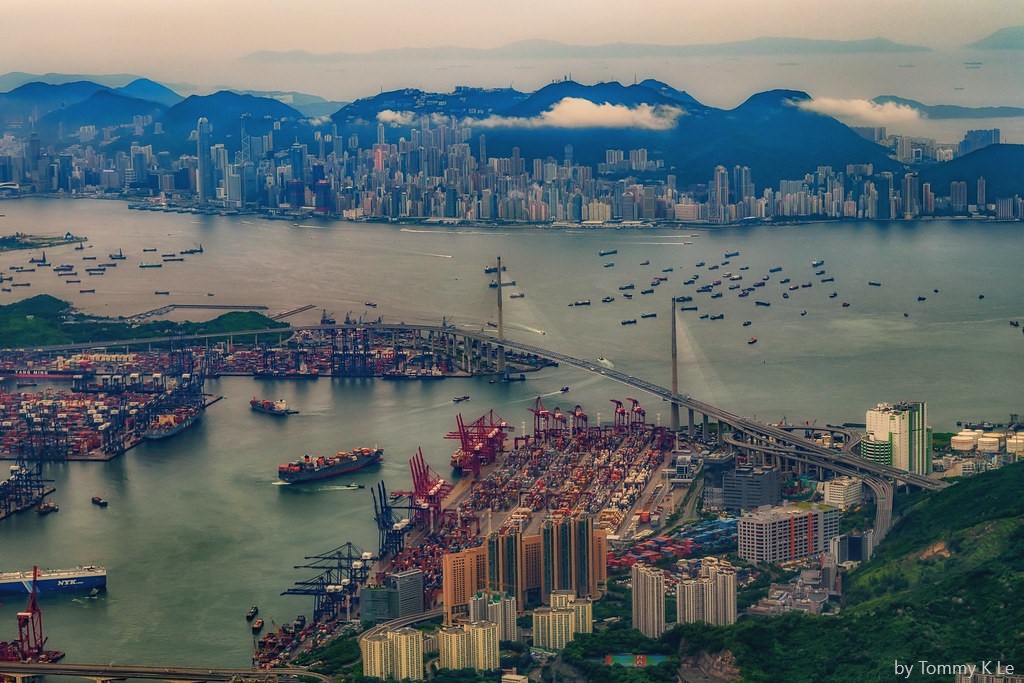A new paper by Hualing Fu and Xiaobo Zhai

The Covid-19 pandemic since February 2020 and the Hong Kong National Security Law (HKNSL) passed on June 30, 2020 have set an abrupt end to the protests in Hong Kong, which, according to its mini-Constitution, the Basic Law, enjoys ‘high degree autonomy’ under China’s sovereignty and shall be administered by Hong Kong people. Activating Article 18 (4) of the Basic Law, declaring a state of emergency, and deploying the army to restore order in Hong Kong were under wide and lively discussion in September 2019 (for contributions, see here, here, here, and here). One aim of the HKNSL, as pointed out by Shen Chunyao, head of Beijing’s Basic Law Committee, is to pre-empt the occurrence of the state of emergency provided in Article 18 (4) of the Basic Law, which, Shen stressed, is “a very serious situation”: it is even much worse than Beijing taking over complete jurisdiction and applying Mainland laws in exceptional national security cases (article 55, HKNSL).
What will this “very serious situation” be like? An answer can be found in the Basic Law’s Art. 18 (4), which says,
in the event that the NPCSC … by reason of turmoil within the HKSAR which endangers national unity or security and is beyond the control of the government of the Region, decides that the Region is in a state of emergency, the Central People’s Government may issue an order applying the relevant national laws in the Region.
Fu and Zhai argue that Article 18(4) creates a dual emergency regime: Hong Kong’s own internal one and the NPCSC’s external one. The former is based on the rule of law, where the emergency power is subject to significant legal and political constraints. The latter, however, introduces a state of exception, where an authoritarian state manages a crisis, largely independent of legal rules and without democratic responsibility. In view of this contrast, Fu and Zhai suggest that the HKSAR internalise the responses to states of emergency, so that rights and freedoms be carefully protected, and the rule of law be effectively defended.
Find the free PDF of the paper here.
Hualing Fu is Dean and holder of the Warren Chan Professorship of Human Rights and Responsibilities, Faculty of Law, the University of Hong Kong. His more recent contributions include: Mediation in Contemporary China (2017); Transparency Challenges Facing China (2018); Socialist Law in Socialist East Asia (2018), and Authoritarian Legality in Asia (2020). Reach out to him at hlfu(at)hku.hk.
Xiaobo Zhai is Associate Professor at Macau University. He co-edited the volumes Bentham’s Theory of Law and Public Opinion (2014) and Bentham Around the World (2020) and is the author of The People’s Constitution (2009) and China’s System of Constitutional Implementation (2009). Reach out to him at xbzhai(at)um.edu.mo.
